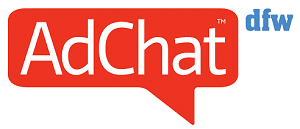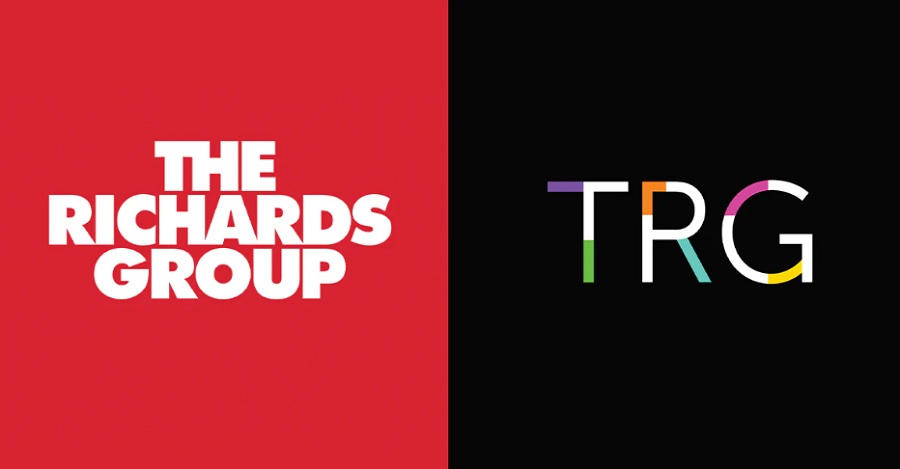Independent Dallas agency The Richards Group has a long and successful history, having built popular campaigns for huge brands, from Motel 6’s “We’ll Leave the Light on For You” to Chick-fil-A’s “Eat Mor Chikin” to the “It Moves With You” campaign for Fruit of the Loom.
But the agency took a hit in 2020 when founder Stan Richards described a campaign concept for Motel 6 as “too Black,” which led to Richards stepping down and the agency losing big accounts, including Motel 6, Home Depot, Salvation Army, Keurig Dr Pepper and grocer H-E-B.
Since then, the agency has put a huge amount of effort into remaking itself and gaining back the trust of its clients and staff. CEO Glenn Dady, who took over from Richards, started by diversifying teams across the board, including hiring Nikki Wilson as chief talent and culture officer and Sue Batterton as chief creative officer, with both serving on the leadership team.
“It’s colorful, it’s modern, it’s a sophisticated mark that… really speaks to the beauty of the collaboration that went into it,” Rob VanGorden, principal and chief development officer at TRG, told Adweek.
“Finalizing a new logo for TRG was a key step in our company’s evolution, and I loved every minute of seeing our talented people reimagine our brand,” Dady said in a statement.
Nonprofit-owned and people-run
The change to TRG and the new branding was not done to run away from the past, but rather to embrace a new future, according to VanGorden, who has been with the agency since 1998. He said the agency realized it was time to evolve its identity, after all the agency had done to acknowledge what happened with Richards, including bringing in outside help from Do What Matters, an organization that specializes in DEI and inclusive management, and TalentKeepers, an employment engagement solutions provider that has helped transform the company.
In addition, TRG now bills itself as a nonprofit-owned people-run company. The company is owned by a vetted, established nonprofit that it does not disclose. It’s not owned by a single person, nor a holding company or ownership group. VanGorden says not being beholden to profit goals frees up the agency to focus on the work, its people and the communities it serves.
“When you’re owned by a nonprofit, it is much easier for prospective clients to realize that you believe in something beyond just making money. Sure, we want to make money just like all agencies do. But we’re in it for more than that,” said VanGorden.
He added that the agency is still fiercely independent, but its leadership structure is different, with a majority of it female and more representative of the diverse communities it serves. The agency claims it is rapidly growing, having made 33 new hires since the start of 2022, with 52% of those coming from underrepresented groups in the industry.









